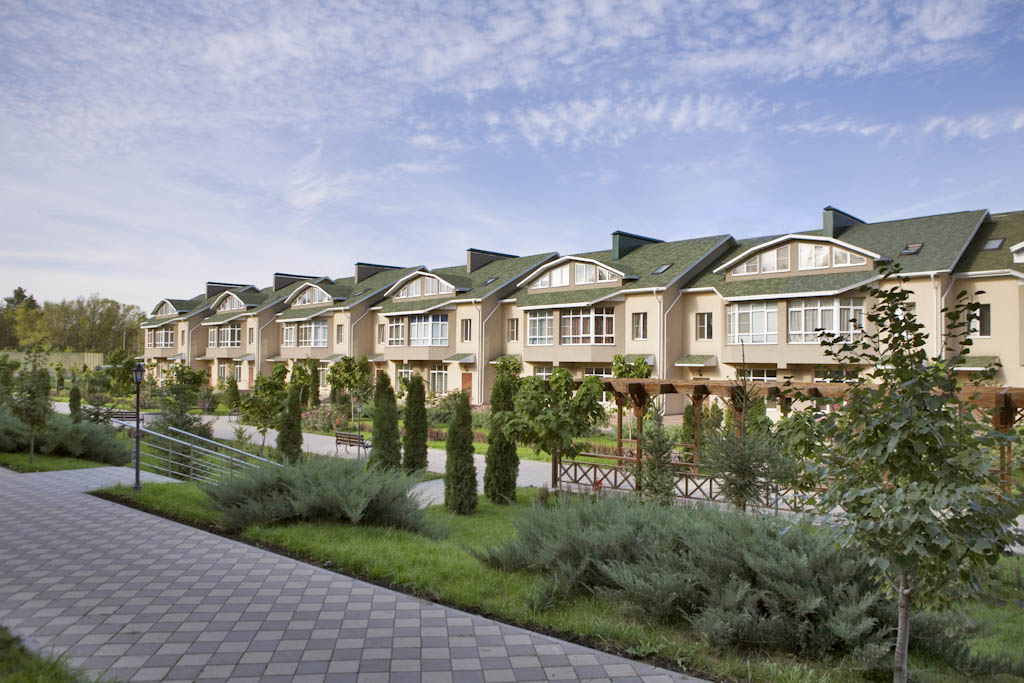A proposed ordinance that permits accessory dwelling units to be created in single-family houses and which also drops the long-standing requirement that the house must be owner-occupied, in part grew out of a lawsuit filed against the Princeton Zoning Board of Adjustment and the Municipality of Princeton.
The ordinance, which was introduced by the Princeton Council at its June 15 meeting, is in part due to the lawsuit filed in January 2020 by 23 Leigh LLC. The lawsuit challenged the requirement in the former Princeton Township zoning ordinance that a flat, which is a self-contained unit with cooking facilities and a bathroom, must be occupied by the owner of the house – unless the owner lives in another part of the house.
In a May 26 letter to Mercer County Superior Court Judge Mary C. Jacobson, the attorney representing 23 Leigh LLC – which owns 23 Leigh Ave. – wrote that the Princeton Council was working on an ordinance that would drop the owner-occupant requirement. It would replace the former Princeton Township zoning ordinance, which was in effect at the time of the May 26 letter.
At the time that 23 Leigh LLC filed the lawsuit in January 2020, the zoning ordinance stated that “no flat shall be occupied unless the owner of the house at all times shall reside in the flat or in another part of the house,” according to the lawsuit.
The former owner of 23 Leigh Ave. received permission in 1973 from Princeton Township to create a flat within the existing single-family house. The house was used as a single-family house with a flat until the owner lost it to a bank foreclosure in 2016.
23 Leigh LLC, which subsequently acquired the property, received approval from the Princeton Zoning Board of Adjustment for variances to renovate and expand the house in 2018. The original application sought to convert the house into a two-family house.
In July 2018, the Princeton Zoning Board of Adjustment granted the application to renovate and expand the house, on the condition that it would continue to be used as an owner-occupied, single-family house with a flat. It would not become a two-family house or duplex.
But 23 Leigh LLC returned to the zoning board one year later in August 2019, following an Appellate Court ruling in a lawsuit filed against the Point Pleasant Beach Zoning Board of Adjustment. In that case, the zoning board made it a condition of approval that one unit of a two-family house in Point Pleasant Beach had to be owner-occupied.
The Appellate Court rued in the Point Pleasant Beach lawsuit that under the state Municipal Land Use Law, a town’s zoning ordinance determines how the land is used and not who occupies it or uses it. Thus, the zoning ordinance cannot require one unit of a two-family dwelling to be occupied by the property owner.
That is when 23 Leigh LLC applied to the Princeton Zoning Board of Adjustment to modify its earlier approval and remove the condition that one of the units at 23 Leigh Ave. must be occupied by the property owner. It requested that each unit could be separately owned and occupied by anyone, according to the lawsuit
But in November 2019, the Princeton Zoning Board of Adjustment denied 23 Leigh LLC’s request to eliminate the owner-occupant requirement – and that is when 23 Leigh LLC filed the lawsuit against the zoning board and the town.

